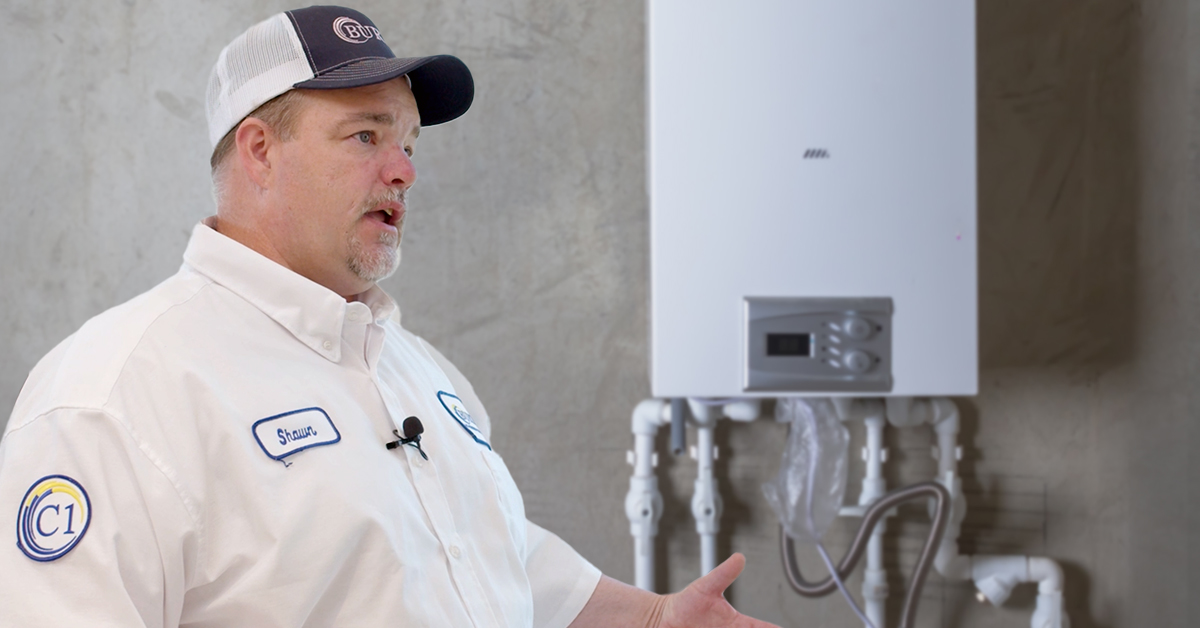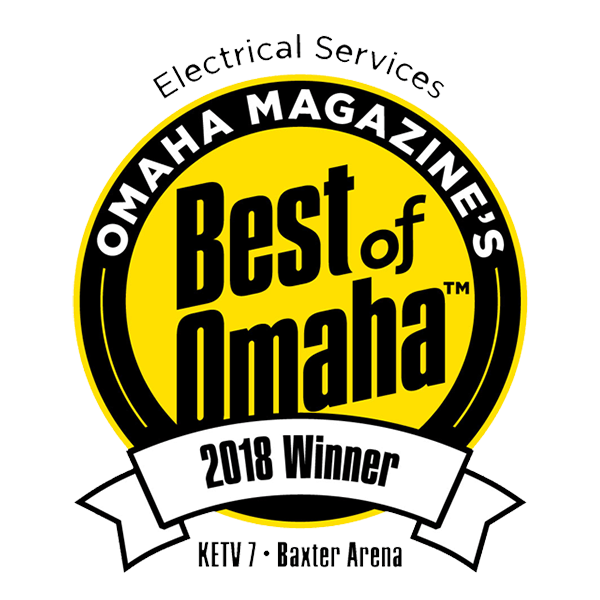We’ve all been there. You’ve been looking forward to taking a long bath or hot shower all day—only to hear someone else start a shower in another bathroom. Or the dishwasher is running. Or the washing machine. Suddenly your dreams of filling the tub are put on hold indefinitely as you wait for the hot water tank to refill.
If you live in a household with many competing demands on your hot water system and are tired of getting the cold shoulder, consider asking yourself: is it time to switch to a tankless water heater?
In this article, we’ll outline the most frequently asked questions about going tankless to help you make an educated decision before you invest.
How does a tankless system work?
A traditional hot water tank is akin to heating a pot of water on a stove. The tank fills with water, heats it, and then repeats as necessary. Usually, the tank will heat up the water 2 – 3 times a day—often while you’re away and no one is using it.
A tankless system provides hot water on demand. Water is pulled through a series of chambers in the unit, heating the water as it goes and only when needed.
What are the advantages of a tankless system?
- Save energy. Even the most energy-efficient tank systems still have to store and warm large volumes of water 24 hours a day. Because a tankless system produces hot water less frequently, it uses less energy.
- Save money. Less energy means lower utility bills—a win for both the environment and your wallet.
- Save space. Tankless water heaters are significantly smaller in size, giving you back storage space as well as reducing your chance of potential water damage since you no longer need to store a large amount of water.
Are there any downsides?
- It costs more upfront. Be prepared to spend more than you would on a traditional hot water tank. Tankless hot water systems can cost up to twice as much for the unit and the set-up.
- The installation process is more involved. It takes more time to install a tankless system—so don’t wait until an emergency—make a plan if you’re thinking of making the switch.
- Sediment builds up faster. Any type of hot water system can accumulate mineral buildup. Still, because a tankless system heats the water so quickly, it collects calcium and mineral deposits faster than a traditional tank. Consider investing in a water conditioner to help keep your unit running smoothly.
What is the lifespan & maintenance?
- The average service life of a tankless water heater is 15-25 years—almost double the lifespan of a tank water heater.
- As with any water heater, it is important to take care of it by flushing the system every 2 – 3 years.
What else do I need to know before investing in a tankless system?
- Know your power source. Tankless water heaters can run on natural gas, propane, or electricity. Before switching to a tankless system, take a good look at your current setup. You might need to upgrade or expand your plumbing, electric wiring, or gas service lines.
- Determine what size you need. On-demand hot water systems have a limited flow rate, so it is good to calculate your peak water demand. For a household with multiple people and appliances using hot water simultaneously, a good estimate is to look for a system that can heat 11 – 12 gallons per minute.
- Estimate your temperature rise. Depending on where you live, the groundwater temperature should be factored into which unit you purchase. For example, if you live in an area with 55-degree groundwater, to get 100-degree water, you’ll need a unit with a minimum temperature rise of 45 degrees.
The bottom line.
Tankless water heaters are an energy-efficient, on-demand system that cost more upfront but will pay off over time.
PROS:
- Energy efficient
- Endless on-demand hot water
- Takes up less space
- Reduces risk of home water damage
CONS:
- Higher cost for equipment and installation
- Requires water conditioning set-up
- Flushed professionally every 2 – 3 years
If you think the tankless hot water system would be a benefit to you and your family—just call Burton. From plumbing and electrical to heating and cooling—we’ve been serving the greater Omaha area for over 30 years—and are proud to be the one company for all your home comfort needs.
Available 24/7, just call Burton at 402-343-0011 to schedule a consultation today.







